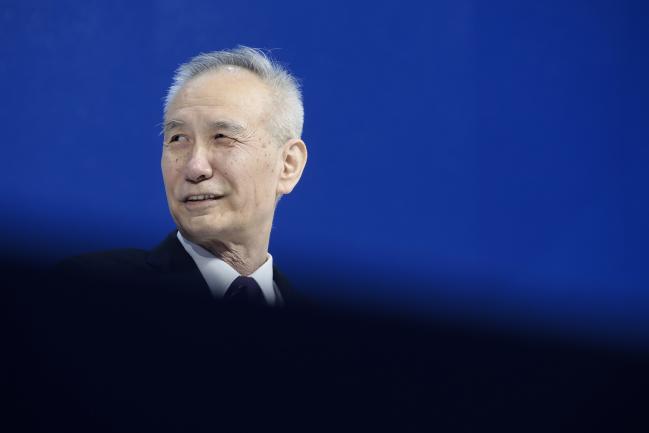(Bloomberg) -- Chinese leaders have approved nominees for top government jobs, state media said, as the ruling Communist Party also promised changes to the country’s regulatory structure.
The party’s Central Committee agreed on the list during a three-day conclave that ended Wednesday in Beijing, the official Xinhua News Agency reported. State media didn’t release names or their intended posts, which could potentially include the top central bank job.
A broad communique released after the meeting pledged further changes to the economy and to “adamantly remove any restrictions that keep the market from playing a decisive role.” The document pledged “institutional reform” of the party, government, military and other public bodies and promised to balance power between the central and local governments.
The closed-door gathering comes before the annual National People’s Congress starting Monday, at which President Xi Jinping and other top cabinet figures will be formally appointed to new terms. It was the Central Committee’s third such meeting since Xi secured a second term in October, the most in a similar period since the process was standardized four decades ago.
In addition to selecting a successor to People’s Bank of China Governor Zhou Xiaochuan, the government is considering a merger of the China Banking Regulatory Commission and the China Insurance Regulatory Commission, Bloomberg News has reported. The moves could be pivotal in attempts to defuse the nation’s ticking time bomb of debt -- which stands at around 260 percent of output and growing -- without derailing the economic expansion.
Politburo members mentioned by analysts in connection with the PBOC governor role include Xi’s top economic policy adviser, Liu He, the head of the banking regulator, Guo Shuqing, and Hubei provincial party chief Jiang Chaoliang. Also unresolved is Xi’s pick to lead the Financial Stability and Development Committee, which was established last year to help curb risk.
Liu is visiting the U.S. this week with an expanded role managing the rising trade tensions between the governments in Beijing and Washington.
